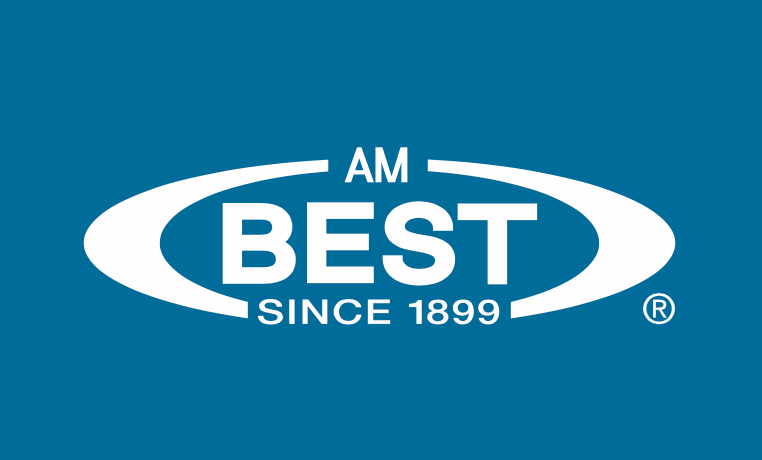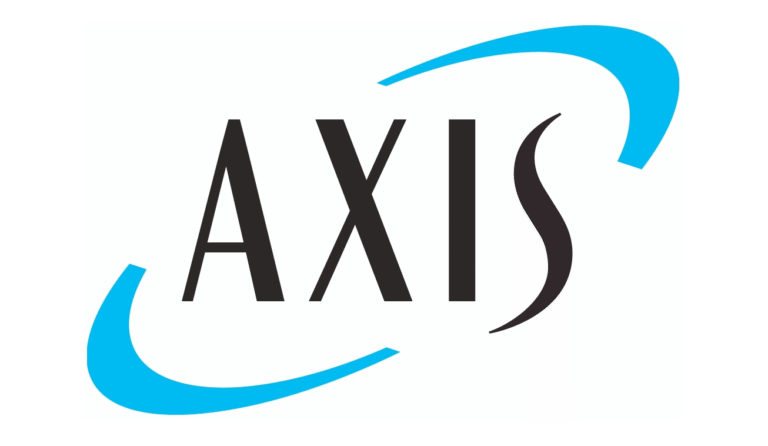
A US government shutdown would quickly ripple through the economy and create challenges for the insurance industry, with the extent of the fallout depending on how long it lasts, according to a new analysis from AM Best, the credit rating agency.

Extended disruptions could undermine consumer confidence, weaken spending, delay business investment and hiring, slow government expenditures, and unsettle financial markets.
“The potential government shutdown coincides with increasing evidence of a slowing US economy,” added Ann Modica, Director, Credit Rating Criteria, Research and Analytics, AM Best.
“Annual real GDP growth is expected to decelerate in 2025; inflation has been persistently above the Federal Reserve’s 2.0% target; and more recently, the labour market is showing signs of weakness. Although trade tensions have moderated at times in recent months, they continue to weigh on business sentiment and could further undermine investment and hiring decisions.”
A key area of concern is the National Flood Insurance Program (NFIP), overseen by FEMA, which is only funded through Sept. 30, 2025. Without congressional renewal, FEMA would be unable to issue or extend flood policies. During a lapse, property buyers in flood zones could see mortgage closings delayed or cancelled, since lenders require proof of coverage.
“The NFIP could not sell new flood policies during a lapse. As lenders require proof of flood insurance for properties in special flood hazard areas to finalise a mortgage for a property, an NFIP authorisation lapse could halt real estate closings, estimated at more than 1,000 per day,” said David Blades, Associate Director, Industry Research and Analytics, AM Best.
The report also points out that some insurance companies could face payment delays related to federal employee benefit programmes. While Medicare would not be affected, insurers may need to draw on credit lines if reimbursements are held up.
Another looming issue is the end of enhanced subsidies for Affordable Care Act (ACA) exchange enrollees. If those subsidies lapse, many individuals may be priced out of coverage. With ACA open enrollment beginning Nov. 1, the timing could overlap with a shutdown, further complicating enrollment activity.





